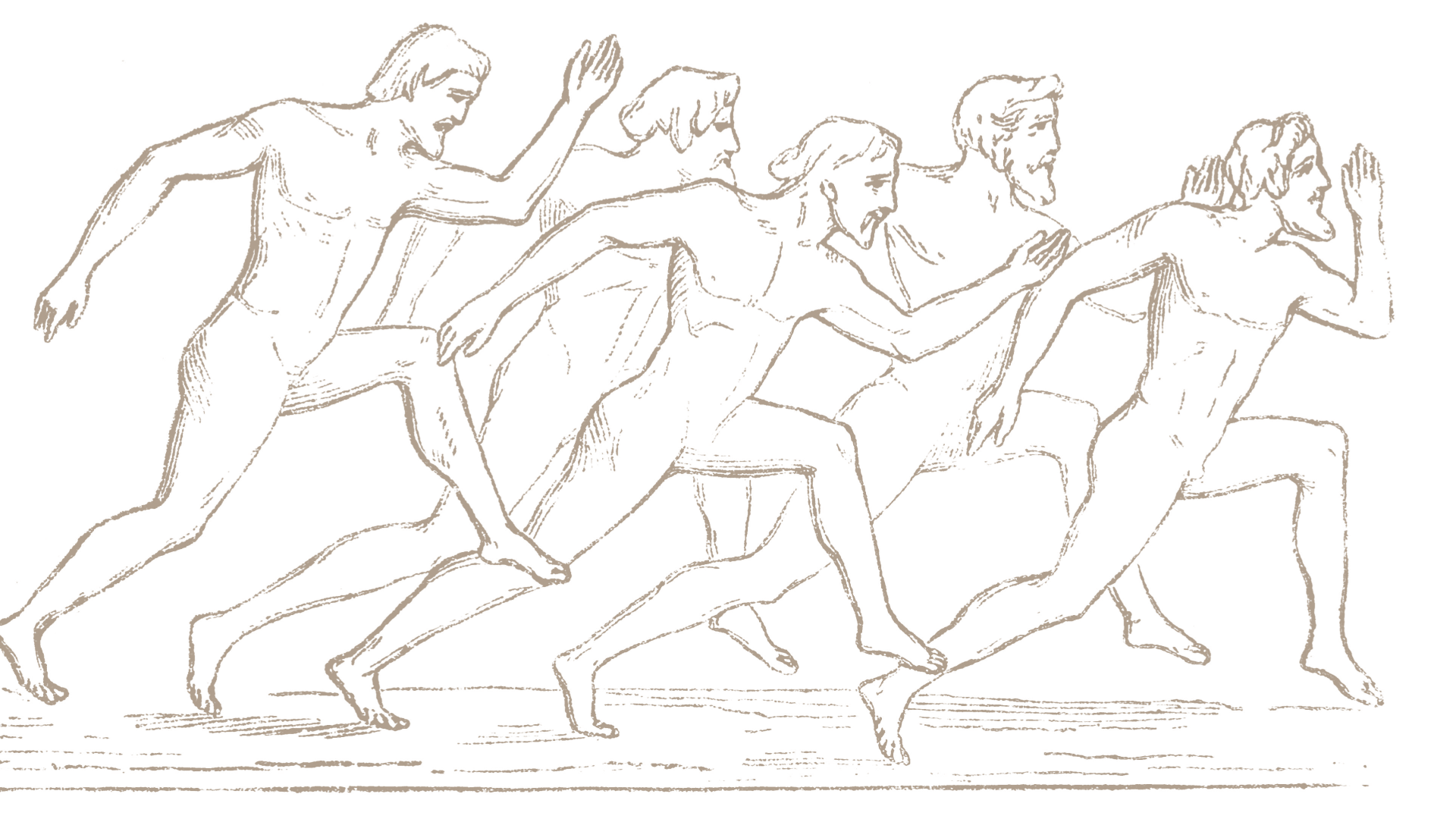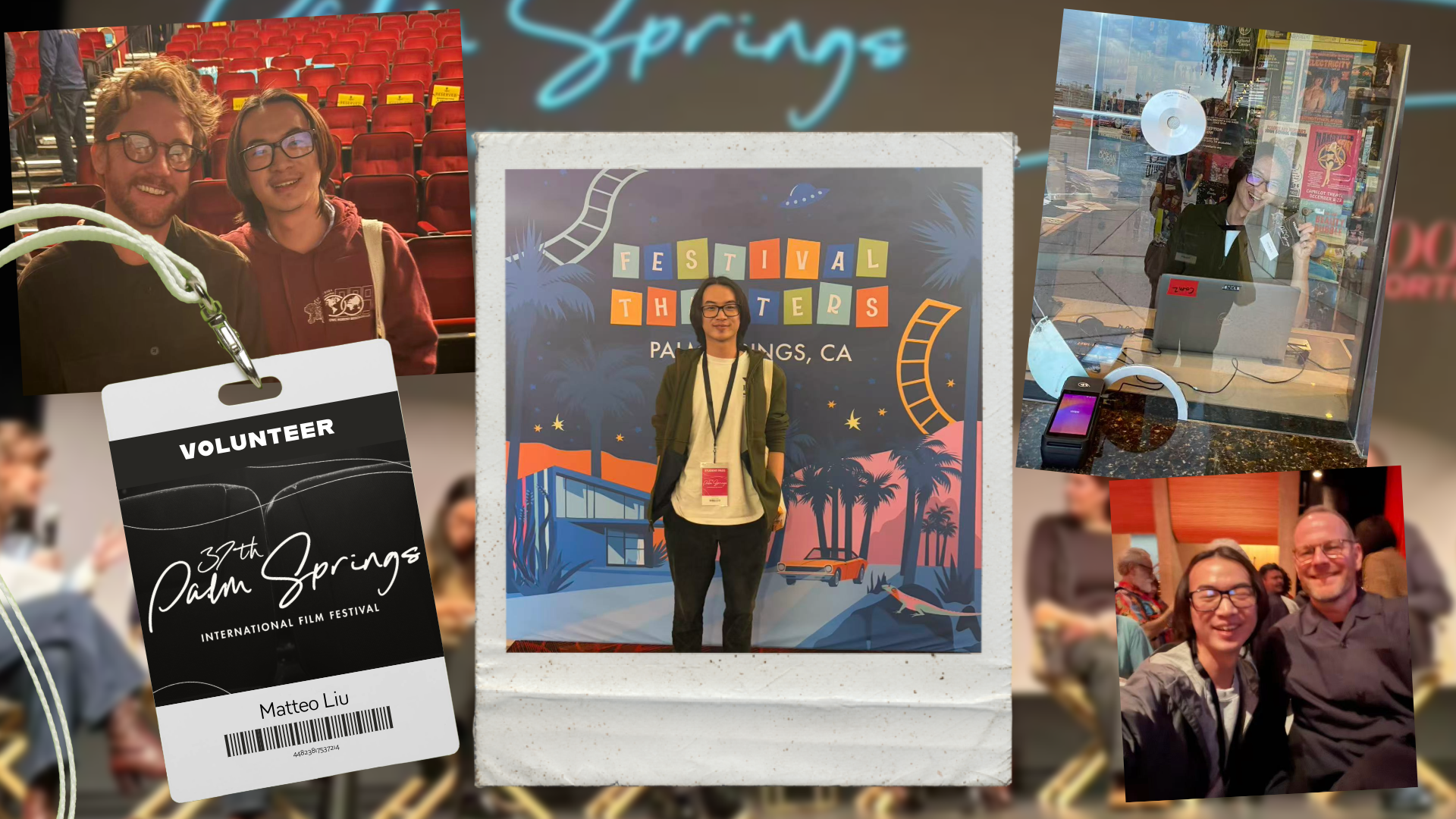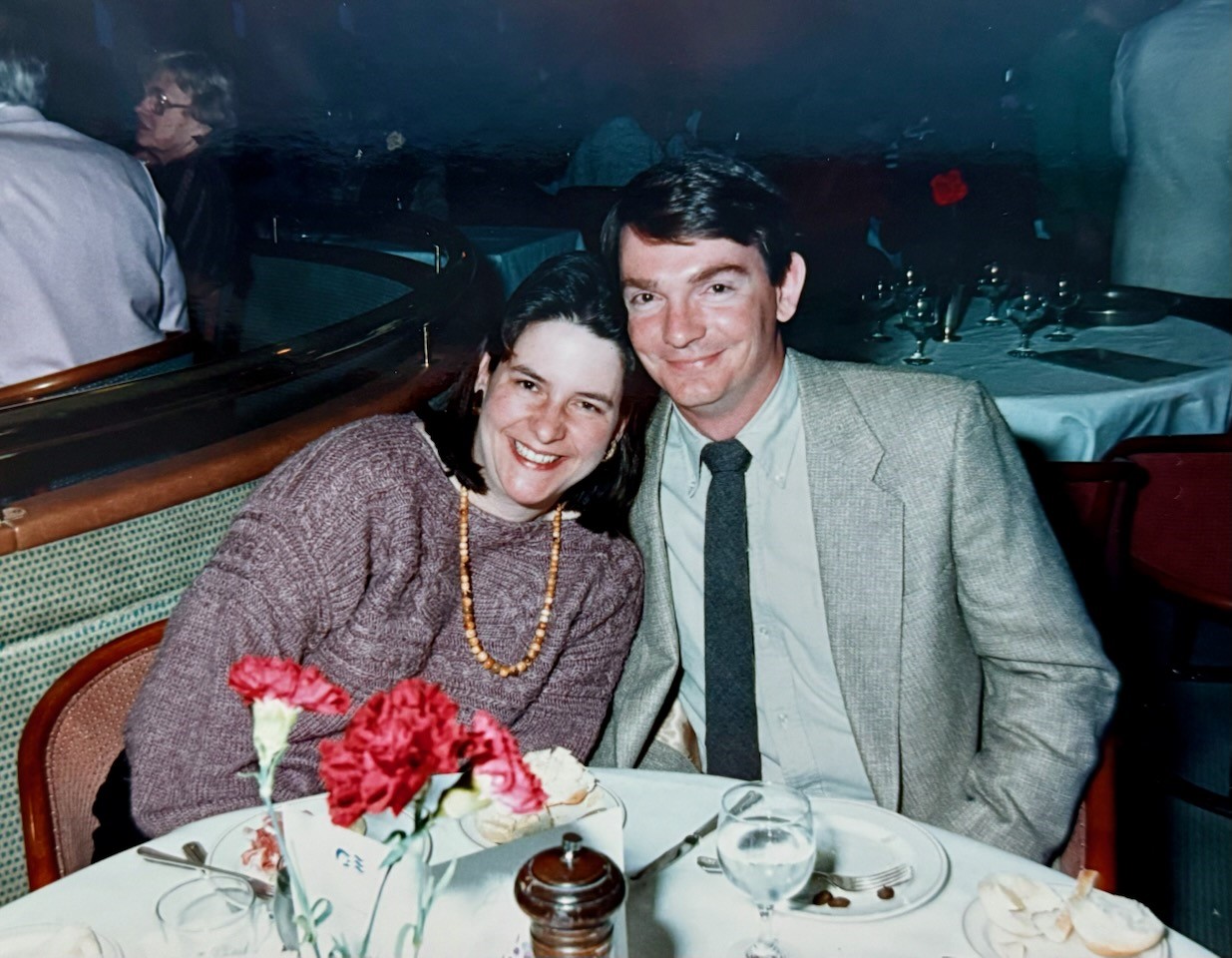My Davidson | A Student Blog My Summer with the Common Thread Theatre Collective at Davidson College
November 10, 2023
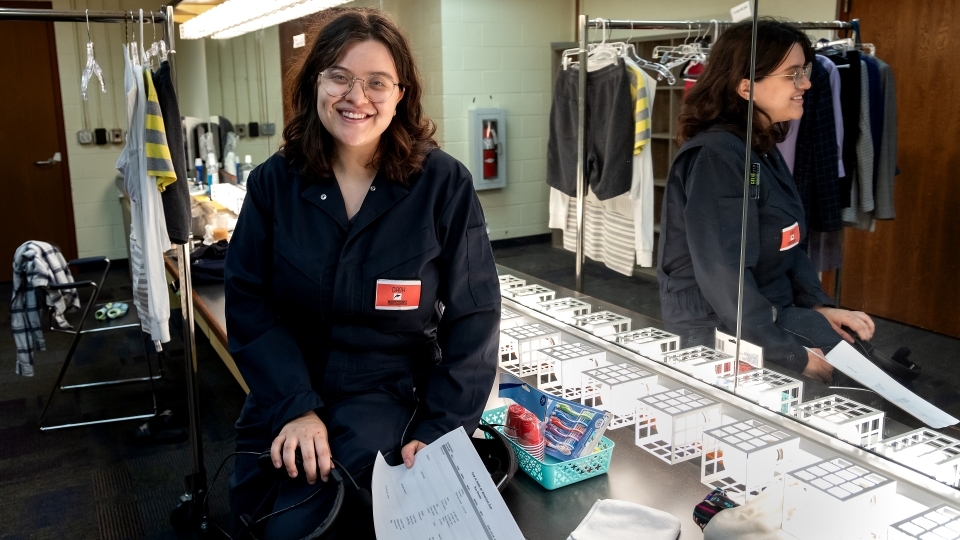
Amy Tedeschi ’25 reflects on her summer with the Common Thread Theatre Collective, a professional theatre company formed between Davidson College and North Carolina A&T.
About the Author
Amy Tedeschi ’25 (she/they) is a history major and theatre minor from Concord, Massachusetts.
"This summer, I had the opportunity to intern with the Common Thread Theatre Collective, a professional theatre company formed in a partnership between Davidson College and North Carolina A&T University."
Performing arts in America have historically been inaccessible and unequal, with white people, especially white men, holding much of the power in the arts world. Common Thread aims to combat this, combining Davidson, a private PWI (predominately white institution), and NC A&T, the largest HBCU (historically Black college or university) in the country, to create a space that voices stories coming from communities that have been underrepresented in American theatre. It fosters a multicultural experience, with different voices coming together to find a “common thread,” as the name of the company implies. The collective also included a production team of mostly people of color.
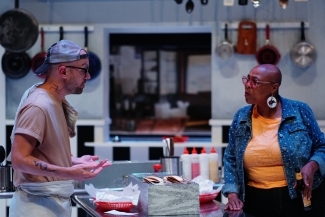
A scene from Clyde’s photographed by Davidson College’s Nguyen Mau Duc Binh ‘26
Earlier this summer in June, we produced Clyde’s by Lynn Nottage, a story of a truck stop sandwich shop in Pennsylvania that hires formerly incarcerated individuals. In the kitchen, the four chefs working fearfully under the rule of Clyde discuss creating a perfect sandwich, and allow themselves to dream of a future that everyone, including Clyde, has told them is unattainable in their situation. The story discusses the issues of the incarceration system, the life it creates, and how it affects Black and Brown communities. I had the honor of working as the assistant stage manager for the show, which allowed me to get an inside view of everything that went into creating the show. I attended every rehearsal and met with the show’s designers in production meetings. I’ve stage managed in the past, throughout my time at Davidson and in high school. Working on this show felt different, taking place in a professional, instead of academic, environment. As a student, watching professional actors, directors, designers, and stage managers working and collaborating was so interesting. I saw how theatre was created, from start to finish. I also worked on the dramaturgical team, doing research on sandwich history, poverty, and mass incarceration in North Carolina in preparation for the show.
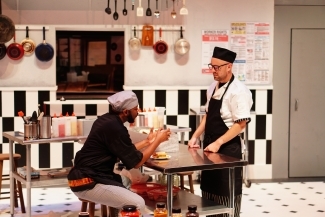
A scene from Clyde’s photographed by Davidson College’s Nguyen Mau Duc Binh ‘26
As interns, we were also responsible for creating our own touring children’s show, which represented CTTC’s values. The show had to be suitable for a wide range of children: from around 5 to 13. We wrote our own show called Journey, inspired by video game characters, to teach children about self-discovery, identity, finding a voice, self-love, and courage. We designed and paint our own set, led by Davidson College student Chloe Calzolano ’25, designed sound, picked songs, and chose our own costumes. Additionally, we created a coloring book program for each child to use during the show. Together, as interns, we were able to physically create our own theatrical show, which was such a valuable experience. We had the creative ability to make the show our own, and the result became something we were all proud of. The other interns and I grew closer through working together on this show, learning more about each others’ experiences and cultures, and learning more about collaboration in the arts. We performed the show at different locations around North Carolina, including both Davidson and NC A&T.
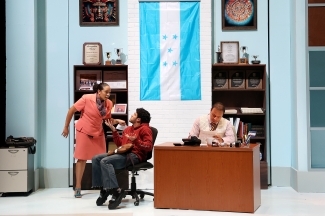
A scene from how to make an American son, photographed by Davidson College’s Christopher Record
Our final show of the season was how to make an American son by Christopher Oscar Peña, which discusses concepts of the American Dream and immigration in America. It follows the story of Mando, a Honduran immigrant, and his American son Orlando, whose actions threaten Mando’s business. Mando creates a successful cleaning business, and Orlando grows up privileged and out of touch. Themes include LGBTQ+ identity, immigrant identity, family, and keeping dreams alive within a system and society that does not accept them. I worked in the scene shop for this show, an opportunity I had not had before. This experience introduced me to a new side of the theatre-making process. So much work goes into the design and building of a show’s set, and being able to see this process, and be part of the construction team, was so worthwhile, especially when I saw the final product. Additionally, I worked as a stagehand on this show, something I have not done since high school. I appreciated the opportunity to take another hands-on role in the show, as I felt even more involved in the process, from the production to the performances themselves each night.
Interning for the Common Thread Theatre Collective this summer introduced me to professional theatre, away from the academic theatre I have been participating in throughout high school and college. It allowed me to combine my interests in both theatre and social justice, which I have been exploring throughout my time at Davidson, with other opportunities, such as the Social Justice Theatre Troupe. While I am not sure if I will pursue theatre professionally in my life, working for Common Thread allowed me to explore my creative interests and work towards a cause I care deeply about, and one I hope to continue working on in my professional career within or outside the performing arts.

